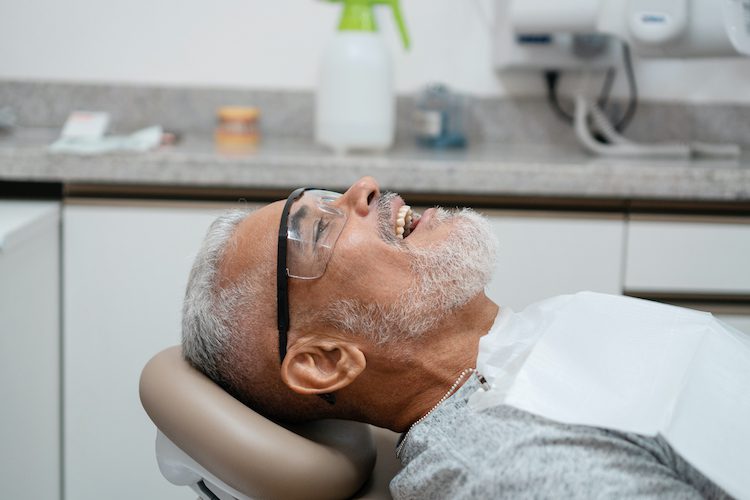For many people, a visit to the dentist can be a source of significant anxiety. Whether it’s due to a past negative experience, a fear of needles, or general unease in medical settings, dental anxiety is a real and common issue. Sedation dentistry offers a way to make dental care more comfortable and accessible.

Understanding Sedation Dentistry
Sedation dentistry uses medication to help patients relax during dental procedures. It ranges from minimal sedation, where you’re awake but calm, to general anesthesia, where you are completely unconscious. The most commonly used methods include nitrous oxide (often called laughing gas), oral sedatives, and intravenous (IV) sedation. The type of sedation you might receive depends on several factors, including the complexity of the procedure, your health history, and your level of anxiety. The goal of sedation dentistry is not to “knock you out,” unless general anesthesia is necessary, but rather to ease your fears and make the experience as stress-free as possible.
Who Can Benefit from Sedation?
If the thought of sitting in a dentist’s chair fills you with dread, sedation dentistry may be worth considering. It’s especially helpful for individuals with a strong fear or phobia of dental work, sensitive teeth, a low pain threshold, or a strong gag reflex. It can also be ideal for patients undergoing lengthy or multiple procedures in a single visit. Patients with special needs, including physical or cognitive disabilities, may also benefit from sedation, as it can make the dental experience smoother and more manageable for both the patient and the provider.
Types of Sedation and What to Expect
Nitrous oxide is the mildest form of sedation and is inhaled through a mask placed over your nose. It helps you relax but wears off quickly after the procedure, often allowing you to drive yourself home. Oral sedatives, typically in pill form, are taken before the appointment and produce a deeper sense of calm. You’ll still be awake, but much more relaxed, and will need someone to accompany you to and from the appointment. IV sedation is delivered through a vein and acts more quickly, allowing the dentist to adjust the level of sedation as needed. You may feel drowsy or fall into a light sleep, but you’ll still be responsive.
Is It Safe?
Sedation dentistry is considered safe when administered by trained professionals. Dentists who offer sedation undergo specialized training and follow strict guidelines to ensure patient safety. Before any procedure, your dentist will review your medical history, current medications, and overall health to determine if sedation is appropriate for you. That said, not everyone is a candidate. Certain medical conditions, such as sleep apnea or heart problems, can increase the risks associated with sedation. It’s crucial to have an open and honest discussion with your dentist about your health to ensure the safest outcome.
Making the Right Decision
Choosing sedation dentistry is a personal decision that should be made with your comfort, health, and dental needs in mind. If dental fear is preventing you from getting the care you need, sedation could be the key to restoring your oral health and peace of mind. It’s also important to remember that sedation is not a cure for dental anxiety, but a tool to help manage it. Over time, regular positive experiences with your dentist may help reduce the need for sedation altogether.
Sedation Dentistry in Charlotte, NC
At Dentistry of the Queen City, we understand how debilitating dental anxiety can be. If you suffer from a fear of the dentist, sedation could be right for you. Contact our office today to schedule a consultation and learn more about how you can get the treatment you need.
